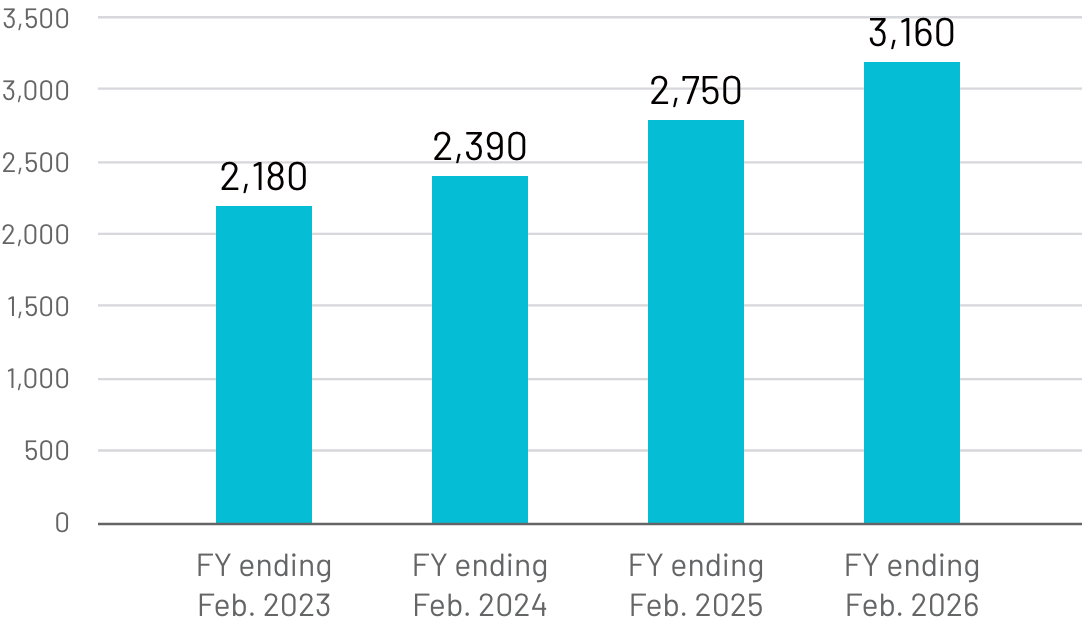SDGs
The Progress Technologies Group is striving to address various social issues through its business
operations with a view to achieving the SDGs and realizing a sustainable society.
PTG’s SDGs target

Promote sustained, inclusive and sustainable economic growth, full and productive employment and decent work for all
PTG’s contributions
concerning the SDGs
Issues faced by the manufacturing sector in Japan
In today’s world of monozukuri where there is ever-increasing uncertainty,
it is crucial for manufacturing companies to acquire dynamic capabilities.
-
- 01
- DX of design processes
-
- 02
- Enhancement of design capabilities
-
- 03
-
Development of human
resources
enabling DX
Reference: White Paper on Manufacturing Industries
Vision toward achieving SDGs 8.2
PTG aims to establish its solution services (i.e., consulting services, solution services, and project services) and make focused, intensive investments to help its customers, which are large manufacturing companies, achieve DX. The plan is to improve the company’s sales revenue from its solution business by 370% from the figure in 2020, by the fiscal year ending March 2025.
Specific initiatives being implemented
-
1Provision of expanded solution services for facilitating design process DX
One of the key strengths of Japanese manufacturing companies is the advanced operational capabilities of their engineers. PTG helps such companies by transforming their technological assets that underpin their made-in-Japan quality into digital data and by utilizing it to formulate solutions that can enhance their design capabilities. By leveraging cutting-edge digital technology, PTG helps reform its customers’ design processes with a view to facilitating the growth of Japan’s manufacturing sector as a whole.
In addition, S&VL Inc. runs the Simulation & Virtual Testing Laboratory, whose core competency is its state-of-the-art driving simulator, which is leveraged to provide real-time simulation services and virtual testing environments. This also helps its customers improve their competitive advantage through streamlined automotive development and minimize their environmental impact by reducing the quantities of prototypes they need to make. -
2Development of human resources that enable DX
As the domestic workforce declines, making it increasingly difficult for businesses to secure sufficient human resources with adequate skills, PTG is focused on developing human resources with DX capability, so that it can continuously provide and expand its high-quality services. PTG provides training for its engineers who lead its design operations, mainly on digital technologies involving simulation techniques, model base development, etc., allowing them to acquire new specialized skills. It also runs a project manager training program for employees, based on their career aspirations and aptitudes.
-
Contribution to achieving SDGs 8.2
PTG strives to contribute by helping its customers to increase economic productivity through diversification, technological improvement, and innovation, while focusing on high-value-added and labor-intensive sectors, etc.
KPI: Sales revenue from
the solution business
-
ESG contributions
PTG strives to make its social contribution by enhancing the competitiveness of its customers,
which are large manufacturing companies, and helping them hire more employees.
